Discover TechCentral
TechCentral
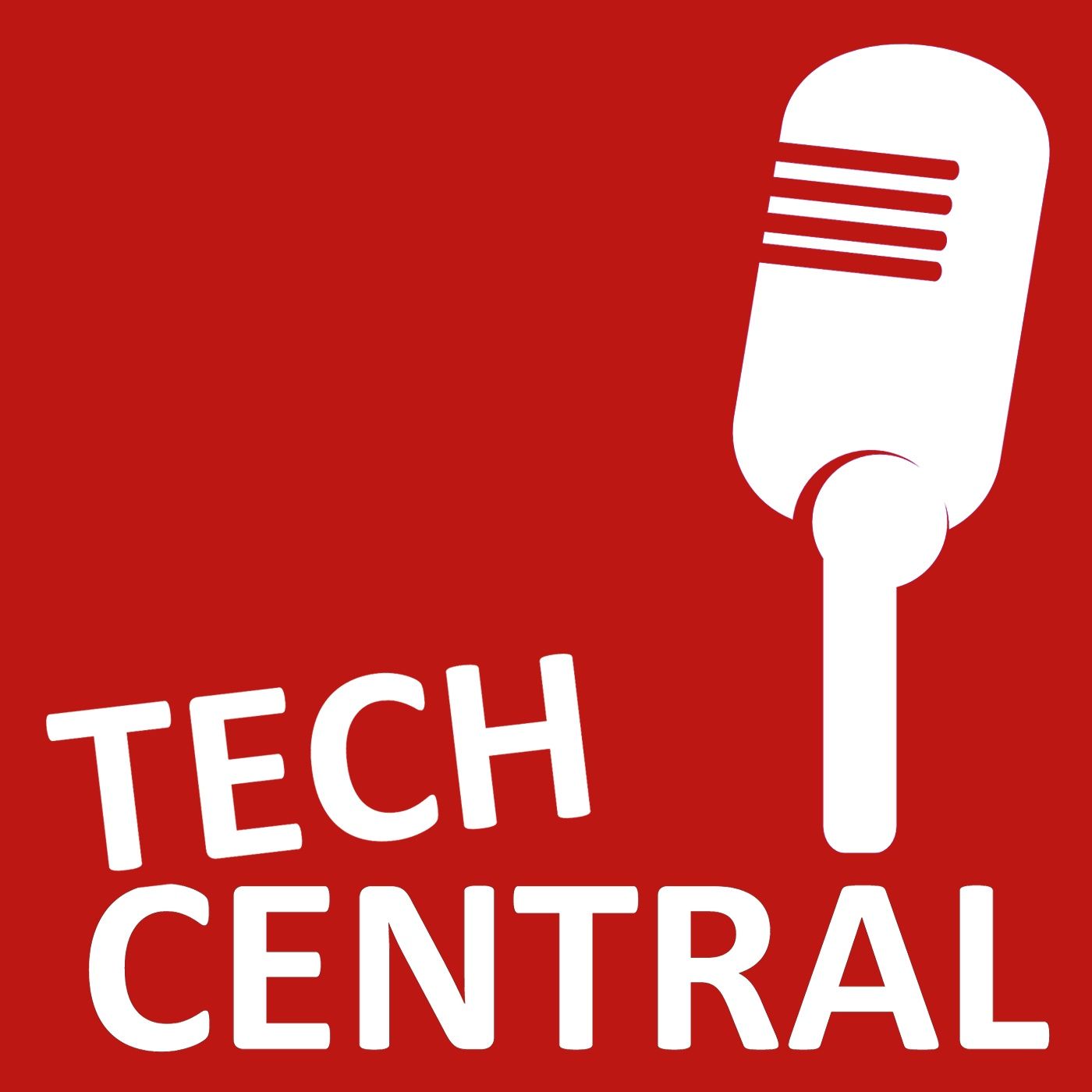
27 Episodes
Reverse
Kim Reid has spent the past 10 years building Takealot Group – today controlled by Naspers – into South Africa’s largest e-commerce company. He sat down with TechCentral to reflect on his time at the helm.Reid, who will step down at the end of September to take on the role of board chairman – he will be replaced in the hot seat by outgoing Illovo Sugar MD Mamongae Mahlare on 1 October – reflects in the interview on some of the pivotal decisions that contributed to Takealot’s success. He also talks about what his new role will entail: It’ll be much less operational and much more strategic in nature.He explains why he’s decided to step down as CEO now – even though Takealot is still very much a growth business – and why he believes a changing of the guard is important in the South African context. He also talks about how big the e-commerce opportunity is in South Africa, even after 10 years of solid growth.He also talks about the Competition Commission’s probe into the sector – he believes the regulator should leave the industry alone instead of interfering where it’s not warranted – and why the Post Office’s attempts to gain a monopoly over the delivery of packages weighing less than 1kg makes no sense.Lastly, Reid touches on what the future holds for Takealot, including expansion elsewhere in Africa and why that’s not in the company’s immediate plans.Don’t miss the discussion!
Axiz is well known for its distribution network, but its cloud services business is growing rapidly, too.With the aid of Morpheous, a multi-cloud management platform, Axiz may have found the secret ingredient to minimising cloud-sprawl risk for both large and small companies in South Africa.In this promoted podcast, Willie Jansen van Rensburg, executive at Axiz Cloud Technologies, and Andrew Green, “chief nerd herder” at Software Evolution Africa Limited (SEAL), join host Daniel Robus to discuss start-ups, market positioning, common mistakes and technology solutions.SEAL has secured the exclusive Africa distribution rights for the Morpheus platform, a multi-cloud management system and application modernisation platform.The partnership with Axiz Cloud Technologies boosts the product’s reach – allowing it to meet the growing demand for this all-in-one solution that manage hybrid, multi-cloud environments.Morpheus is a management platform that integrates with most brands and applies from bare metal to DevOps, FinOps, CloudOps and SecOps across practically any cloud platform, whether on-premises, hosted or public.Jansen van Rensburg points out the advantage of using the toolset to help both large corporations and smaller clients unclutter the job of managing an ever-growing sprawl of applications and cloud environments. Jansen van Rensburg has used Morpheus to successfully augment his growing cloud services team at Axiz. They are geared to support and manage customers in all stages of digital transformation.“The rush to cloud by some early adopters,” says Green, “has led to a few unexpected bills -- of biblical proportions.” Green explains how Morpheus prevents this from happening.Any teams struggling to get to grips with their application landscape on an enterprise level should listen to the discussion. For more, e-mail Sanet.Engelbrecht@axiz.com.
First Distribution supports multiple partners, but one of the fastest growing is Trend Micro, which has been offering world-class security solutions for more than 30 years now.In this episode of the podcast, host Daniel Robus chats to Trend Micro’s technical lead for sub-Saharan Africa, Emmanuel Tzingakis, and First Distribution GM for cybersecurity Brad Stein.Security is a hot topic in the IT sector, and for good reason. An impatient workforce, the need to work from just about anywhere, legacy applications and rapid digital transformation are all contributing to a whirlpool of potential security issues.This podcast discussion unpacks some of the challenges faced by clients and breaks down how to get the most impact for customers.Security should form part of an integrated business strategy and cannot be seen as a “silver bullet”. With threat actors becoming even more agile than businesses, security teams are more hard-pressed than ever to counter the threat.Zero Trust is the objective, and this requires constant review to ensure the business stays ahead of the threat curve. This calls for a means to get insights to drive action.Tzingakis unpacks the Trend Micro solution to achieving this. The solution is not a rip and replace, but rather an augmentation strategy designed to leave no holes.Both Stein and Tzingakis have great insights to share on the subject – don’t miss the discussion!* This promoted content was paid for by the party concerned
In this episode of the podcast, TechCentral speaks to Calvin Collett, MD at MTN-owned Internet service provider Supersonic, about its new Air Fibre uncapped broadband product launched this month.Collett unpacks what Air Fibre is exactly -- it uses unlicensed frequency bands to deliver guaranteed download speeds of up to 100Mbit/s -- and where Supersonic is planning to roll out the technology and why.Where does it fit into the market, especially next to fibre and 5G technologies? What is the size of the potential market? What about signal interference? And symmetry in the speeds? And does it need line of site to a tower?Collett answers all these questions and more in the podcast. Don't miss the discussion!
With ever-escalating electricity prices and an unstable supply of power from the national energy utility, more and more South African consumers and businesses are looking to invest in solar. But what’s involved?In this episode of the podcast, TechCentral speaks to Tian van der Bijl, commercial division manager at Ellies, about the costs involved and the requirements that must be met to go the solar route – including going off-grid entirely.Given Eskom's endless supply problems, why don't more homes and businesses already have solar? What factors, if any, are holding back the adoption of the technology as an energy-supply solution in South Africa? And how expensive (or cheap) is it really to deploy? And when should users expect a payback from their investment?Van der Bijl tackles all of these questions and talks about what businesses can do to reduce the upfront cost of deploying solar. He also covers what homeowners need to consider before embarking on a solar installation and what some of the traps are that people fall into. Should those interested in solar deploy projects in a big-bang approach, or does a modular and phased implementation of solar make more sense?Other areas covered in the discussion include lithium-ion vs lead-acid batteries for energy storage and what the latest developments are in solar panel technology.Lastly, Van der Bijl talks about Ellies' solar solutions and how the company works with homeowners and businesses to deploy solar energy solutions.Don’t miss this fascinating discussion!
In this episode of the podcast, TechCentral speaks to representatives from Digital Generation (DG) and HP about the impact that Covid-19 has had on the local IT industry and how it's shifted conversations with end-user customers.DG marketing and sales specialist Michelle Budde kicks off the conversation with a look at how her company adopted to the Covid-19 and the associated lockdowns. She then talks about some of the challenges the industry has faced in securing stock in the past year.Budde also covers DG's black empowerment credentials and its relationships with global original equipment manufacturers, including HP.Ricardo Duarte, senior technical consultant at HP, then joins the discussion in the second half of the podcast to talk about HP's direction since the break-up of Hewlett-Packard to create HP and Hewlett Packard Enterprise.Duarte then has a look at what the largest enterprise users in South Africa are talking about today, a year into the Covid pandemic, and what some of the hottest topics are on their agendas, including cybersecurity.He then unpacks HP Analytics and why this is relevant in today’s climate of working from home - how can endpoint data analytics could help organisations deal with distantly connected users and ultimately the user experience?Don't miss the conversation!
Dark Fibre Africa (DFA) was recently awarded Top Employer status in South Africa for 2021 by the Top Employers Institute. But how did the company win this highly valued accolade?In this promoted episode of the TechCentral podcast, DFA chief human capital officer Portia Thokoane and the company's head of strategy and mergers & acquisitions, Vino Govender, unpack what was involved in achieving the Top Employers award.With headquarters in the Netherlands and offices in several countries around the world – including South Africa – the Top Employers Institute was established with the aim of promoting excellence in human capital management to support business strategy.DFA's efforts in this regard were led by Thokoane, who believes human capital had become increasingly acknowledged as a critical business differentiator. She believes that organisations that give adequate attention to this area of their businesses will continue to distinguish themselves from those that do not.In the podcast, Thokoane and Govender talk about the work that was done at DFA to secure the award, including how it identified factors crucial to employee engagement and development and applied those across the organisation.Thokoane also provides her views in the podcast on the big trends in the human resources industry in 2021 and beyond.Don't miss the discussion!
In this final episode in this week's series of podcasts with executives from iOCO, the systems integrator in the EOH Holdings stable, TechCentral speaks to Brian Harding and Richard Vester about the company's local and international expertise in software development and cloud computing.Picking up on the focus of the podcast series -- namely, the great African tech opportunity -- Harding, who is managing executive for iOCO digital, international and regions, unpacks the the size of the opportunity and where South Africa fits into the picture.Vester -- who is group executive for cloud -- then provides an overview of iOCO's cloud business and its go-to-market approach.Harding turns to the four key components he believes companies must get right if they want to be successful at digital transformation, namely software, design, agility and interconnect.The discussion also covers South Africa's opportunity to become a much bigger outsourcing destination. What will it take to get this right as a country?Don't miss the discussion, and this wrap to an insightful series of podcasts.
In the fourth episode in TechCentral's s podcast showcase with iOCO, the systems integrator in the EOH Holdings stable, TechCentral speaks to Colin Millar about the rapidly growing importance to business of APIs, or application programming interfaces.In the podcast, Millar, who is MTN MAD API and Chenosis partner executive at iOCO, unpacks why APIs are becoming so important in modern business and how telecommunications operators like MTN Group as well as fintech players and e-commerce providers can access value-added revenue streams through the clever use of APIs.The conversation then turns to the extensive work that iOCO has done with MTN to develop the MAD API platform and the Chenosis API marketplace and the significance thereof for developers and businesses across the African continent.In the podcast, Millar also unpacks:* Why modern companies are becoming platform businesses and how, through these platforms, enabled by APIs, businesses can interconnect their partner ecosystems and find new routes to market;* How, through APIs, businesses can distribute their services more widely, integrate with powerful third-party apps, create new products and offer personalised customer service; and* How APIs have developed, allowing for more apps - and even APIs themselves - to interact in different ways.Don't miss the interview and the others in this series with iOCO.
Egypt is on the rise. Since the "Arab Spring" a decade ago, the North African country has been on an upward march and is becoming an important centre for technology innovation.That's the view of Essam Elbadri, founder and CEO of Asset Technology Group, a company today owned by South Africa's EOH Holdings.In the third episode in a podcast series with executives from iOCO, the systems integrator in the EOH stable, Elbadri unpacks how the technology sector has helped Egypt grow strongly in recent years.The conversation covers some of the country's initiatives to grow the ICT sector and the economy, including the ICT 2030 strategy, the New Admistrative Capital smart city and the development of technology parks. Elbadri also talks about why iOCO is excited about the Egyptian market and why it invested in Asset Technology Group.Don't miss the discussion!
South Africa's nuvoteQ, which is part of the iOCO stable, is making waves in the global medical technology space with a focus on delivering software-as-a-service solutions to the clinical research industry. In this, the second in a series of podcast interviews with executives from iOCO, the systems integrator in the EOH Holdings stable, TechCentral speaks to Adriaan Kruger, co-founder and CEO of medtech specialist nuvoteQ, about opportunities in the rest of Africa and further abroad.In the podcast, Kruger outlines nuvoteQ key focus areas, talks about how the Covid-19 pandemic has placed an emphasis on the need for a robust, reliable healthcare system in Africa, and how homegrown companies such as nuvoteQ can apply technology to enhance the reputation of Africa's clinical research industry.Don't miss the discussion!
Africa is ripe with opportunities for technology-led distruption and tech companies with the right approach to this vast market stand to benefit.That's the view of EOH Holdings CEO Stephen van Coller, who introduces a series of TechCentral podcasts this week with executives from iOCO, the systems integrator in the EOH group.From Cape Town to Cairo, Van Coller unpacks why he believes Africa’s economic renaissance could be fuelled by the growth of tech, with countries such as Nigeria, South Africa, Egypt and Kenya leading the way.The continent is already attracting investments from global tech giants such as Google and Facebook, while China is leading investments in Africa’s tech infrastructure.But what are some of the opportunities and the hurdles and what is the role of the public and private sectors in overcoming these?With the right enabling policies, improvements in infrastructure, a focus on education and training, and the explosion of tech hubs, coupled with a young population, and a focus on entrepreneurship and innovation, the picture is brighter than many might imagine.In this opening podcast of the series, Van Coller touches on iOCO's view of the opportunities based on its own findings and on-the-ground experiences.Don't miss this insightful podcast series!
In this episode of the podcast, TechCentral speaks to Brenton Swanepoel, head of the technical team at Obscure Technologies South Africa, about why humans remain the weakest link in the information security chain and what can be done about it.The discussion kicks off with a look at some of the recent high-profile data leaks and data breaches that have hit local and international companies and the sort of attacks that are being mounted by hackers and why.When it comes to the human factor, what are the best ways of minimising the impact of weak security practices, including employees choosing easy-to-guess passwords or otherwise doing things that expose their organisations to attack?The conversation also touches on some of the solutions Obscure Technologies offers to help companies protect themselves and emphasises why user education remains a critical component in the information security toolbox.Don’t miss the discussion!
In this episode of the podcast, TechCentral speaks to executives from Dimension Data and Cisco about the exciting new area of information security called SASE, or Secure Access Service Edge.Pronounced "sassy" and coined by research firm Gartner, SASE is a big focus for both Cisco and its partner Dimension Data.In short, SASE is the convergence of wide-area networking and cloud security services into a single, cloud-delivered service model. It has been described as the future of cloud security.In the podcast, Dimension Data senior solutions architect Brynmor Campos and Cisco consulting systems engineer, Security Solutions, at Cisco Greg Griessel discuss what SASE is, why it's garnering significant focus in IT security discussions and what it means for South African organisations.Griessel and Campos unpack how Covid-19 and the associated work-from-home measures have made the transition to a new security model more urgent.Don't miss this important discussion!
In this episode of the podcast, TechCentral's Duncan McLeod interviews Clayton Hayward, CEO of fintech platform provider Ukheshe Technologies, about its acquisition from Mastercard of Oltio.The deal, announced late last year, sees Ukheshe buying a company that developed the digital payments platform that supports Masterpass, Mastercard's QR payment service. Masterpass allows consumers to pay with their bank card by scanning a QR code with their mobile phone.In the podcast, Hayward tells McLeod about Ukheshe, what the company does and where it fits into the fintech ecosystem in South Africa. He then explains the rationale for buying Oltio.Ukheshe has an established partnership with Mastercard and is a participant in the company's Accelerate programme, which offers an access point to tap into Mastercard technology, data, expertise and global network that helps companies scale globally.Ukheshe will continue to provide the same support to local banks and other service providers that currently offer Masterpass, ensuring business continuity with no impact to consumers or merchants.Don't miss the interview!
As companies move IT from on-premises environments into the cloud, many assume it is sufficient to allow their cloud vendor to manage their backups for them.This is absolutely not the case, according to Keepit co-founder and CEO Frederik Schouboe, who explains in this episode of the TechCentral podcast why it's crucial that companies ensure they have a proper backup plan in place for their software-as-a-service (SaaS) and other cloud-based tools.Keepit, which is represented in South Africa by Cactus Backup, recently announced a large series-A investment round from One Peak. In the podcast, Schouboe talks about the investment and what Keepit intends to use it for.The podcast then turns to Keepit's offerings and how SaaS backup differs from the sort of backups companies used to run when their IT infrastructure was on-premises. Keepit has its own data centres, separate from the hyperscale providers such as Microsoft and Amazon Web Services -- Schouboe explains in the podcast why this is important and delves into the regulatory implications in choosing a cloud backup provider.He also takes podcast listeners through his views on the South African market and its growth potential as well as Keepit's partnership with Cactus Backup.Don't miss the discussion!
Businesses are sitting on a gold mine in the vast quantities of data in their organisations, yet most are not yet taking full advantage of the power of artificial intelligence, machine learning and cloud technologies to turn these data repositories into real value.In this episode of the podcast, TechCentral interviews Microsoft South Africa Enterprise and Cloud Business Group lead Johannes "JK" Kanis on how modern technologies can help companies use their data to gain real business insights.In the podcast, Kanis talks about the potential upside for businesses that can get this right - how they can take advantage of modern AI tools to get to grips with their data and start to turn it into something of significant value.Kanis explains how Micosoft's Azure Synapse Analytics offering, which recently became "generally available", can help companies tame their data sets and why he believes the media, telecommunications and insurance industries in South Africa are doing better than others in this area.Also in the podcast, Kanis talks about whether a focus on advanced technology is enough, or whether a cultural change is also needed if companies are going to take full advatntage of AI, ML and cloud. Plus, how does Microsoft South Africa help local companies wanting to take full advantage of the data they own? And how does the Open Data Initiative, founded by Microsoft, SAP and Adobe, help?Don't miss the discussion!
In this episode of the podcast, TechCentral talks to African Bank CIO Penny Futter and the bank's executive of credit and data science, Vere Millican, about their decision to deploy advanced speech analytics software from CallMiner.Frank Sherlock, CallMiner's vice-president for international markets, joins the podcast to talk about the company and how speech analytics and interaction analytics software works and what it can do for clients.Futter begins the conversation with an overview of African Bank, how big it is and its target market. She then explains how the investment in CallMiner's Eureka speech analytics platform supports the bank's business strategy.Millican then explains how the CallMiner relationship come to be and why the bank chose the company's solutions. He explains what African Bank is able to do with the technology and what they're hoping to achieve with the technology in the near term.Sherlock explains how speech analytics and interaction analytics can help companies in their digital transformation journeys, before wrapping up the discussion by talking about where he sees the relationship with African Bank going in future.
What if South African companies could learn a thing or two from outgoing US President Donald Trump? Or, more specifically, the way his campaign team used technology to secure the controversial candidate the presidency in 2016?Karl Fischer, MD of the coastal region at software house DVT and the company's chief marketing officer and executive head of artificial intelligence and data, believes corporate South Africa should be doing just that.In this episode of the podcast, Fischer unpacks how Team Trump used analytics, social media, mobile technology and even cloud computing, to win the White House and why South African companies would be wise to pay attention as they look to harness digital transformation to maintain and grow their customer bases.It's a fascinating discussion. Don't miss it!
In this promoted episode of the podcast, TechCentral chats to FuseForward MD Premie Naicker about the proof of concept the Amazon Web Services partner is doing is involved with at the Da Vinci Institute.FuseForward, a Canadian company founded in Vancouver, opened its first office in South Africa about 18 months ago. It saw an opportunity to open an office in the country to coincide with the launch of Amazon Web Services' data centres in Cape Town.Education is a big focus for FuseForward and its contract with the Da Vinci Institute is significant, Naicker says in the podcast. Da Vinci's executive dean for research and institutional partnerships, HB Klopper, joins Naicker on the podcast to discuss the proof of concept and the impact it has had, especially during the Covid-19 lockdown.Taking remote, online-based education into home or into remote areas presents real challenges, Klopper says in the podcast, but the potential is there to amazing things using modern, cloud-based technology.But pivoting to online education is not simply about recording lectures and delivering these online, says Kloppers. Rather, there needs to be proper interactivity with students to ensure a rich exchange of ideas, which then facilitates learning.Naicker and Kloppers discuss the best practices coming out of solutions implemented in online education during Covid-19 and where the sector is going.* This promoted content was paid for by FuseForward
Comments
Top Podcasts
The Best New Comedy Podcast Right Now – June 2024The Best News Podcast Right Now – June 2024The Best New Business Podcast Right Now – June 2024The Best New Sports Podcast Right Now – June 2024The Best New True Crime Podcast Right Now – June 2024The Best New Joe Rogan Experience Podcast Right Now – June 20The Best New Dan Bongino Show Podcast Right Now – June 20The Best New Mark Levin Podcast – June 2024
 United States
United States

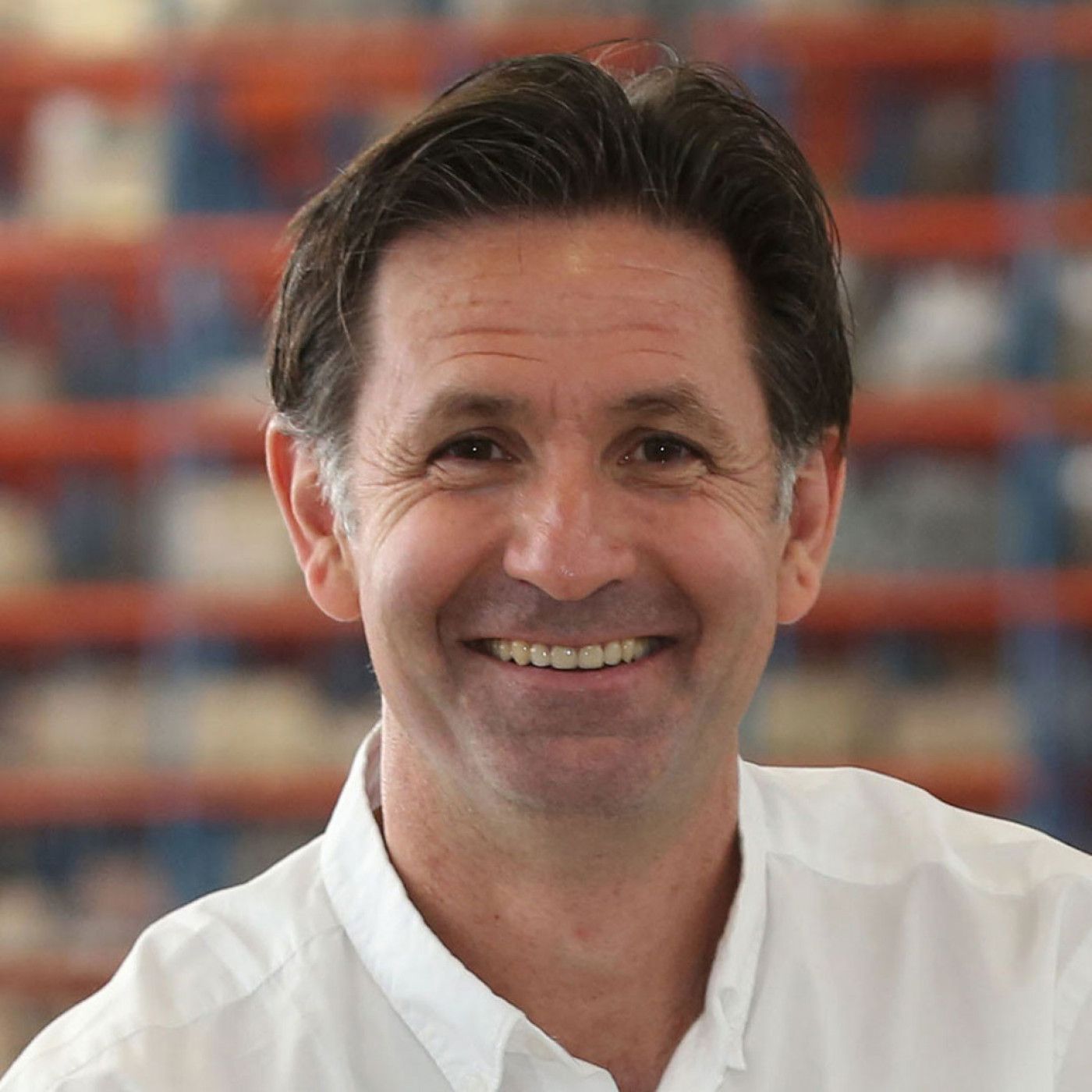
![Managing workloads across multi-cloud environments with Morpheus [promoted] Managing workloads across multi-cloud environments with Morpheus [promoted]](https://s3.castbox.fm/d8/55/0f/187528e564c5f85cb9758de9d60b87bfb6_scaled_v1_400.jpg)
![Zero Trust: The marathon businesses need to be ready to run [promoted] Zero Trust: The marathon businesses need to be ready to run [promoted]](https://d3wo5wojvuv7l.cloudfront.net/t_rss_itunes_square_1400/images.spreaker.com/original/e5be05fe27c67701f349085bd3bfd871.jpg)
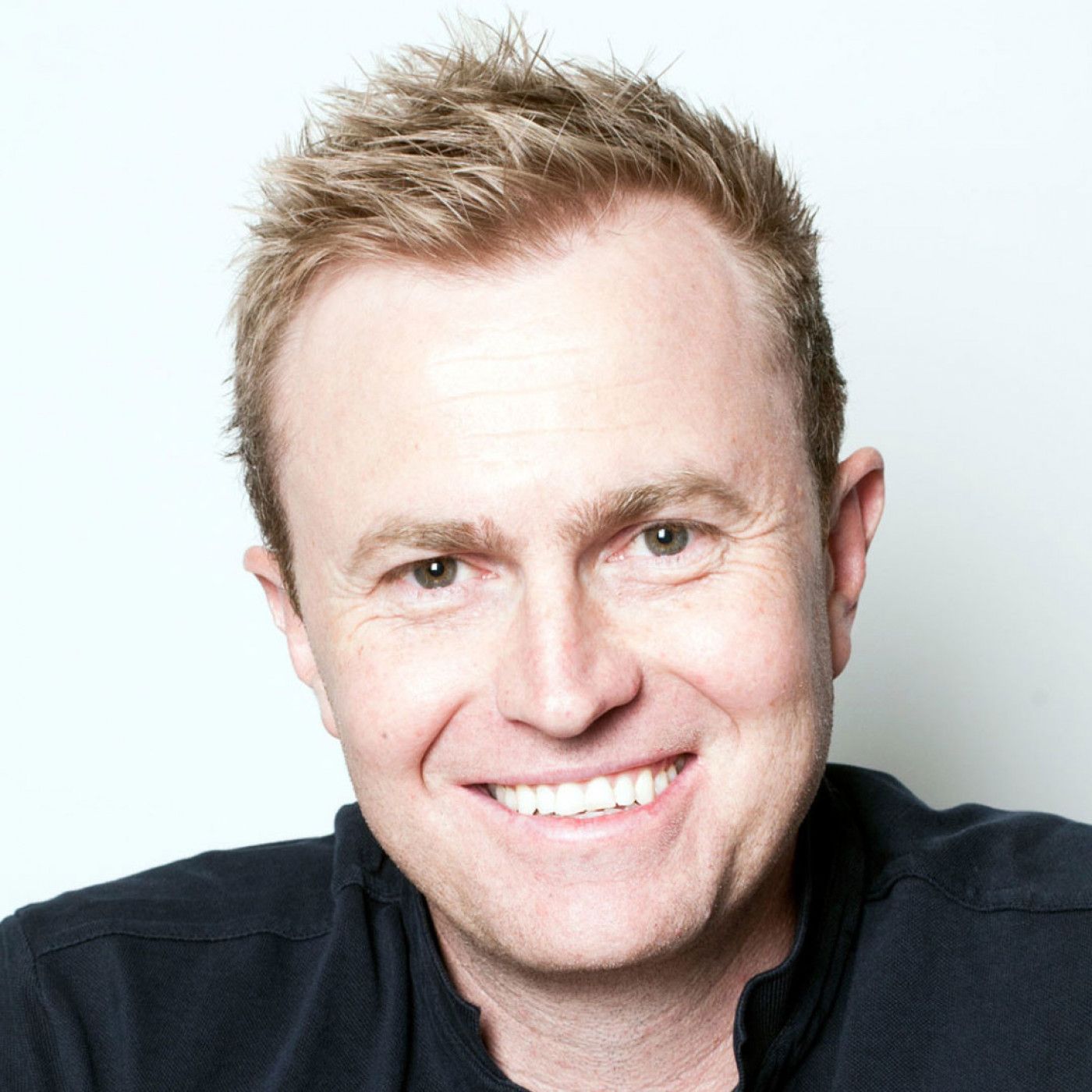
![Interview: What you need to know about going solar in South Africa [promoted] Interview: What you need to know about going solar in South Africa [promoted]](https://d3wo5wojvuv7l.cloudfront.net/t_rss_itunes_square_1400/images.spreaker.com/original/856d0d3a2102f3b48798199f6e871c77.jpg)
![Interview: DG and HP on the rapidly shifting South African IT landscape [promoted] Interview: DG and HP on the rapidly shifting South African IT landscape [promoted]](https://d3wo5wojvuv7l.cloudfront.net/t_rss_itunes_square_1400/images.spreaker.com/original/1108343e122509836cc07b00501cec13.jpg)
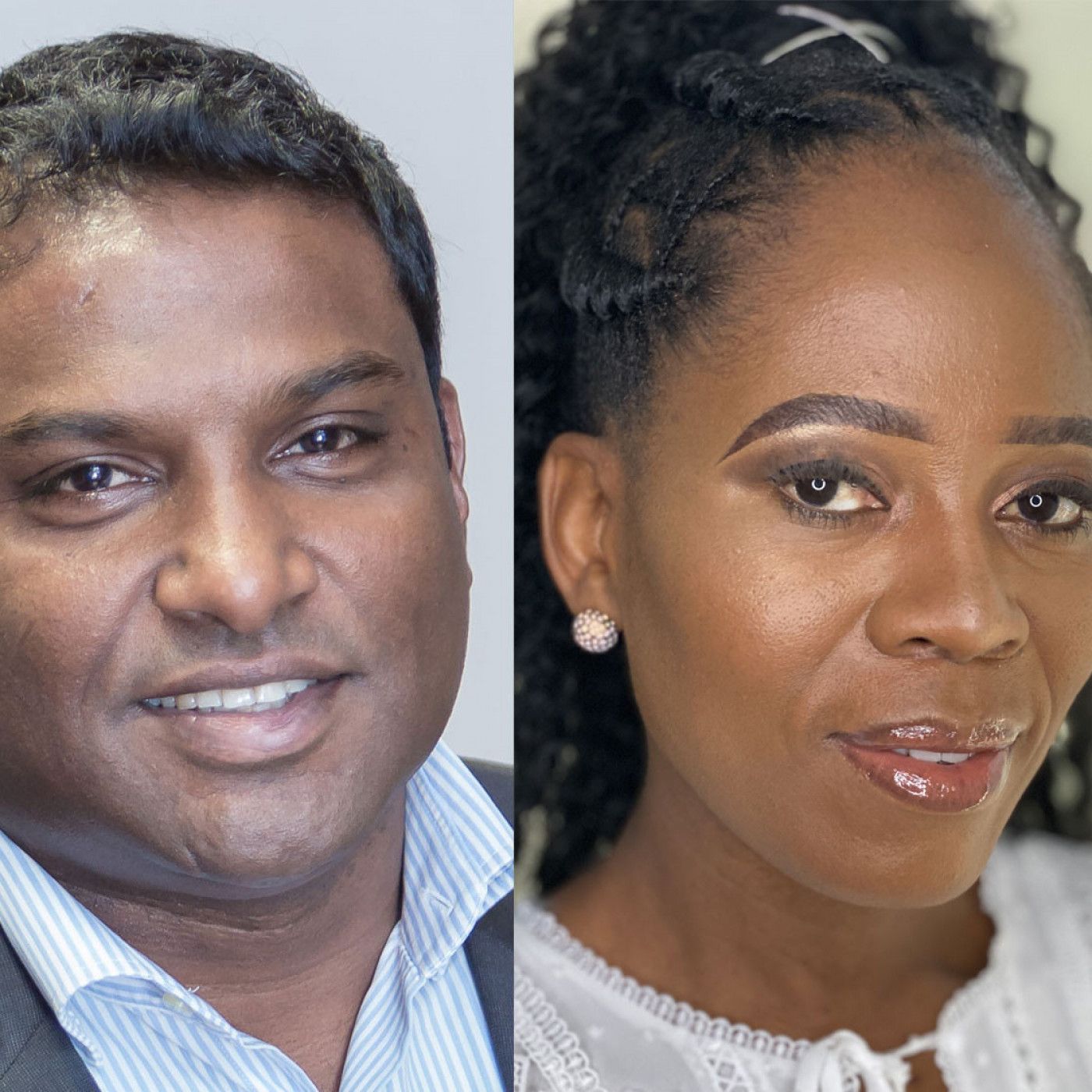
!['DevAnything': In conversation with iOCO's Brian Harding and Richard Vester [promoted] 'DevAnything': In conversation with iOCO's Brian Harding and Richard Vester [promoted]](https://s3.castbox.fm/80/dd/39/5c29ecf27fb82239ed5aeb62711ef220d5_scaled_v1_400.jpg)
![Interview: Colin Millar on why iOCO is MAD about APIs [promoted] Interview: Colin Millar on why iOCO is MAD about APIs [promoted]](https://d3wo5wojvuv7l.cloudfront.net/t_rss_itunes_square_1400/images.spreaker.com/original/27f96f9c1b65cbefb42ddc5b8f1c8c58.jpg)
!['Egypt is rising': An interview with iOCO's Essam Elbadri [promoted] 'Egypt is rising': An interview with iOCO's Essam Elbadri [promoted]](https://d3wo5wojvuv7l.cloudfront.net/t_rss_itunes_square_1400/images.spreaker.com/original/6eb9ad30f6082315566925f897ac7293.jpg)
![iOCO's nuvoteQ: The SA company making waves in the global medtech field [promoted] iOCO's nuvoteQ: The SA company making waves in the global medtech field [promoted]](https://d3wo5wojvuv7l.cloudfront.net/t_rss_itunes_square_1400/images.spreaker.com/original/510f3d171aedd7920254f98a59f83913.jpg)
![EOH CEO Stephen van Coller on the great African tech opportunity [promoted] EOH CEO Stephen van Coller on the great African tech opportunity [promoted]](https://d3wo5wojvuv7l.cloudfront.net/t_rss_itunes_square_1400/images.spreaker.com/original/15d563beaaa6bf5aacf6008b1534f8d9.jpg)
![Interview: People, and why they're the weakest link in information security [promoted] Interview: People, and why they're the weakest link in information security [promoted]](https://d3wo5wojvuv7l.cloudfront.net/t_rss_itunes_square_1400/images.spreaker.com/original/9d7217a014957e5357abe856aeef49c6.jpg)
![It's time to get SASE - A new security model, unpacked by Dimension Data and Cisco [promoted] It's time to get SASE - A new security model, unpacked by Dimension Data and Cisco [promoted]](https://d3wo5wojvuv7l.cloudfront.net/t_rss_itunes_square_1400/images.spreaker.com/original/4bf5acfd7c03fb80e69d9297109154e9.jpg)
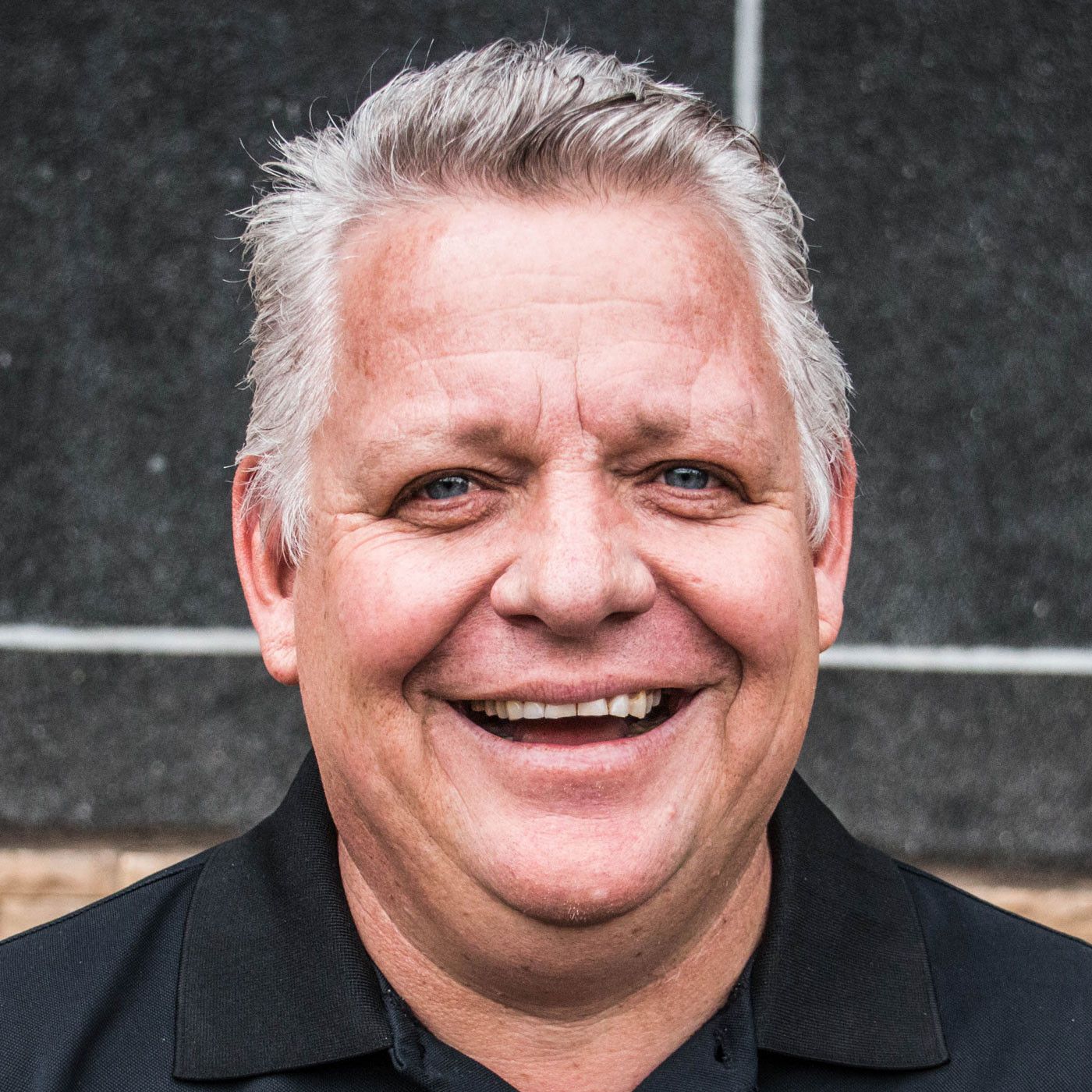
![Don't ignore cloud backup: Keepit CEO Frederik Schouboe explains why [promoted] Don't ignore cloud backup: Keepit CEO Frederik Schouboe explains why [promoted]](https://d3wo5wojvuv7l.cloudfront.net/t_rss_itunes_square_1400/images.spreaker.com/original/8982e83be1f1ee283ecbb8ddca23f51a.jpg)
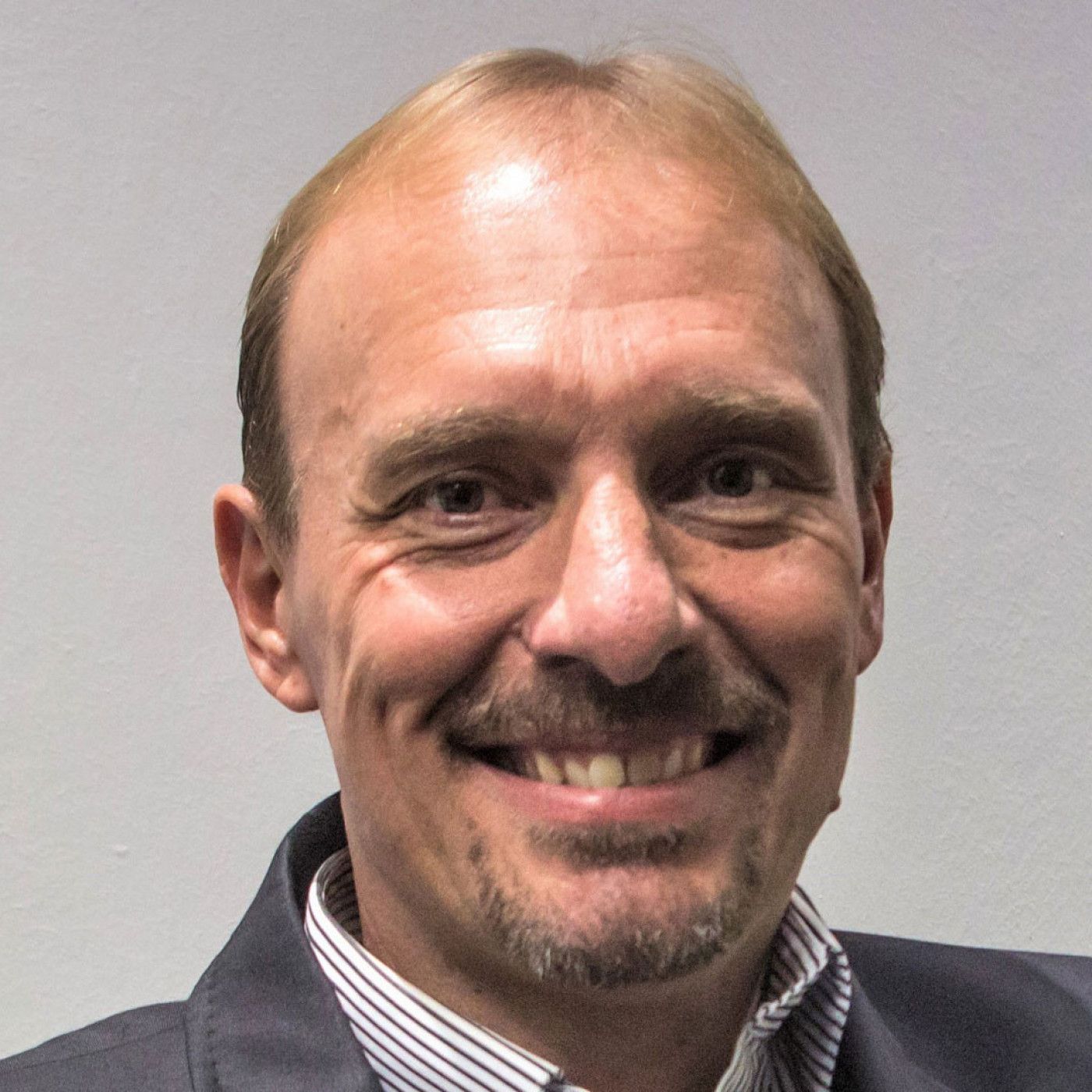
![How CallMiner is helping African Bank retain and grow its client base [promoted] How CallMiner is helping African Bank retain and grow its client base [promoted]](https://d3wo5wojvuv7l.cloudfront.net/t_rss_itunes_square_1400/images.spreaker.com/original/79ba4da7939d736f3be127e14e7b6eeb.jpg)
![What Donald Trump can teach your company about digital transformation [promoted] What Donald Trump can teach your company about digital transformation [promoted]](https://d3wo5wojvuv7l.cloudfront.net/t_rss_itunes_square_1400/images.spreaker.com/original/2832df402c048d1f9f6aa48aadd823ab.jpg)
![How the Da Vinci Institute is pivoting online with the cloud and FuseForward [promoted] How the Da Vinci Institute is pivoting online with the cloud and FuseForward [promoted]](https://d3wo5wojvuv7l.cloudfront.net/t_rss_itunes_square_1400/images.spreaker.com/original/fcc5b0d5194dfcf5797533ab8762877f.jpg)

